WELCOME TO

Helix Financial is no longer originating loans to new customers.
If you are an existing customer, please login to your Client Portal to manage your loan or to explore potential alternate funding opportunities.

Loans are issued and serviced by
Bank of Orrick
P.O. Box 199
Orrick, MO 64077
info@helixfi.com | 800.619.5309
RESOURCES
IMPORTANT DISCLOSURES
This is an expensive form of borrowing and it is not intended to be a long term financial solution. Please note: Helix by Bank of Orrick loans are designed to assist you in meeting your short-term borrowing needs and are not intended to be a long term financial solution. Examples of emergency reasons why these loans might be used include unexpected emergencies, car repair bills, medical care, or essential travel expenses. Alternative forms of credit, such as a credit card cash advance, personal loan, home equity line of credit, existing savings or borrowing from a friend or relative, may be less expensive and more suitable for your financial needs.
Late fees and non-sufficient funds/returned item fees may apply as described in your Loan Agreement. Our fees are disclosed in your loan agreement. If you do not make a payment on time, we will attempt to contact you via one or more authorized methods. We adhere to the principles of the federal Fair Debt Collection Practices Act (FDCPA). Because we may report your payment history to one or more credit bureaus, late or non-payment of your loan may negatively impact your credit rating. If you fail to repay your loan in accordance with its terms, we may place your loan with or sell your loan to a third-party collection agency or other company that acquires and/or collects delinquent consumer debt.
As part of our information collection process, we may detect additional bank accounts under the ownership of the consumer. We will consider these additional accounts to be part of the application process. Bank of Orrick reviews your information in real-time to determine whether your information meets its lending criteria. You acknowledge that by completing and submitting the website application that you are applying for a loan. We verify applicant information through national databases, and we may pull your credit in order to determine your eligibility and ability to repay.
Availability of loans are subject to change at any time at the sole discretion of Bank of Orrick.
Helix by Bank of Orrick is a brand of Bank of Orrick. Loans are issued and serviced by Bank of Orrick.
© Copyright 2024 Helix by Bank of Orrick. All rights reserved.